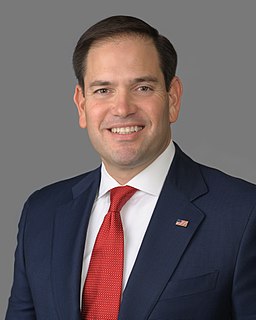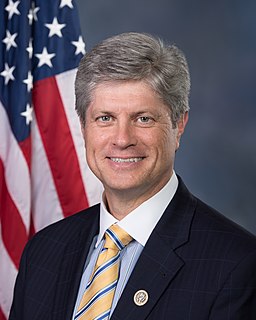A Quote by Todd Wilcox
The purpose of the military is to close with and destroy the enemy on behalf of our national security priorities.
Related Quotes
We have a media that goes along with the government by parroting phrases intended to provoke a certain emotional response - for example, "national security." Everyone says "national security" to the point that we now must use the term "national security." But it is not national security that they're concerned with; it is state security. And that's a key distinction.
It seems to me the worst possible concept, militarily, that we would simply stay there, resisting aggression, so-called...it seems to me that the way to "resist aggression" is to destroy the potentialities of the aggressor to continually hit you...When you say, merely, "we are going to continue to fight aggression," that is not what the enemy is fighting for. The enemy is fighting for a very definite purpose-to destroy our forces.
Actually, the phrase "national security" is barely used until the 1930s. And there's a reason. By then, the United States was beginning to become global. Before that the United States had been mostly a regional power - Britain was the biggest global power. After the Second World War, national security is everywhere, because we basically owned the world, so our security is threatened everywhere. Not just on our borders, but everywhere - so you have to have a thousand military bases around the world for "defense."
Those who devise better methods of utilizing manpower, tools, machinery, materials and facilities are making real contributions toward our national security. Today, these ideas are a form of insurance for our national security; tomorrow, this same progressive thinking is insurance for our individual security-it is, in effect, job insurance.





























